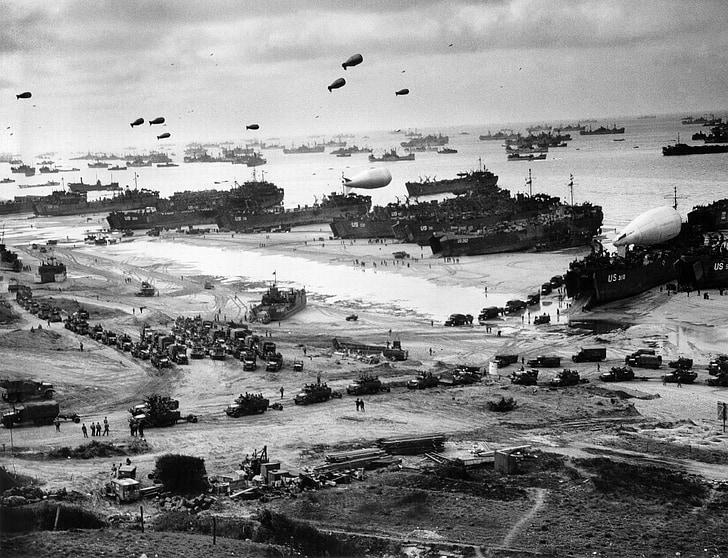World War Two: The World at War

World War II was a global conflict that took place from 1939 to 1945. It involved many countries and changed the course of history. Let's embark on a journey to explore some exciting facts, a timeline of events, and meet some important historical figures from this remarkable period! World War II was a significant event in history that affected people all around the world. It had brave heroes, amazing technological advances, and stories of resilience and courage. By learning about this period, we can understand the importance of peace, cooperation, and standing up against injustice.
Timeline
1939: World War II begins with Germany's invasion of Poland.
1941: Japan attacks the U.S. naval base at Pearl Harbor, prompting the United States to join the war.
1942: D-Day, also known as the Normandy Invasion, marks the beginning of the Allied forces' campaign to liberate Europe from Nazi control.
1945: Germany surrenders, and the war ends in Europe. The United States drops atomic bombs on Hiroshima and Nagasaki, leading to Japan's surrender and the end of the war.
Fun Facts
Secret Messages: During the war, spies used secret codes to communicate. One famous code-breaking team called "The Enigma Codebreakers" helped Allied forces decipher secret messages sent by the Germans.
Victory Gardens: To support the war effort, people in the United States planted "victory gardens." These gardens helped provide fresh vegetables, which freed up resources to send to soldiers overseas.
Rosie the Riveter: Rosie the Riveter became a popular symbol during the war. She represented the women who worked in factories and shipyards, supporting the war effort by building planes, ships, and other supplies.
Dog Heroes: Dogs played an essential role in the war. They acted as messengers, guards, and even helped search for injured soldiers on the battlefield.
Important Historical Figures
Franklin Roosevelt He was the President of the United States during most of World War II and helped lead the country through this challenging time.
Winston Churchill The Prime Minister of the United Kingdom, he inspired the British people with his powerful speeches and led the fight against Germany.
Adolf Hitler: The leader of Germany during the war, Hitler's aggressive actions and beliefs led to the start of the war and caused immense suffering.
Anne Frank: A young Jewish girl whose diary provides a firsthand account of life during the war, giving us insight into the experiences of those affected by the Holocaust.
General Dwight D. EisenhowerHe commanded the Allied forces during the D-Day invasion and later became the 34th President of the United States.